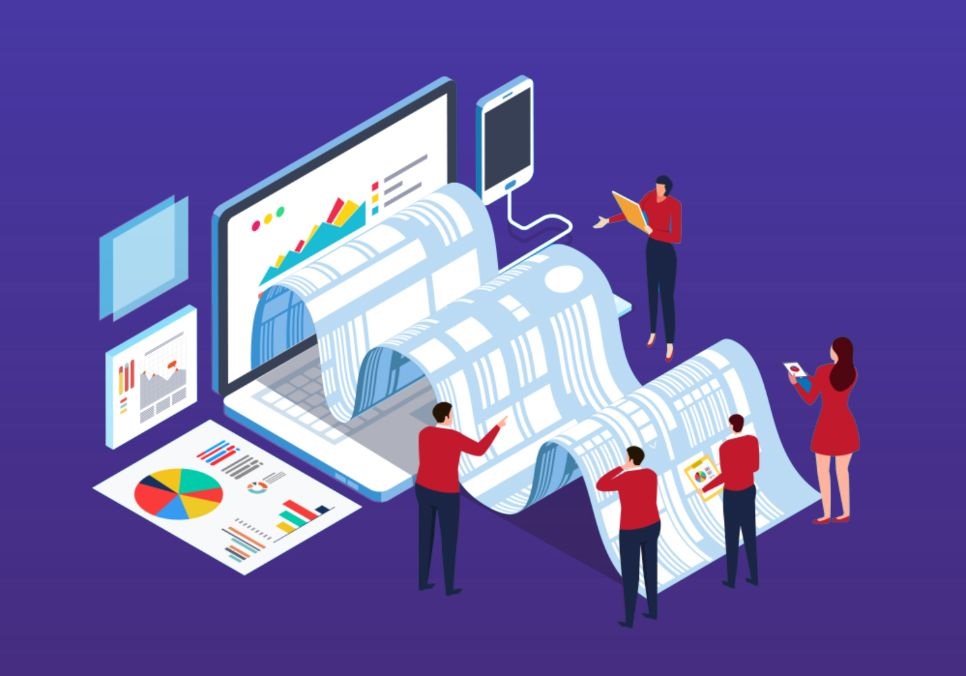3rd party LOGISTIC SERVICES
The need for logistics and supply chain management grows in companies since they are sourcing, producing and disbursing all over the world and so managing their logistics can get very complex. However, outsourcing logistics activities for example transportation, warehousing, inplant material handling along with other value-added services to experienced third-party logistics providers enables companies to get customized logistical support while manufacturers concentrate on the core business activities to attain excellence. The globalization of financial along with the consequent competitive pressures have placed demand on logistics operations and so using third-party logistics services by companies has switched in to a common practice within the last decade.
INDIAN LOGISTIC INDUSTRY
The present condition of Indian logistics industry remains studied by researchers and highlighted a few in the logistics issues and key challenges using secondary information. The logistics issues includes, high logistic price of operation, concentrate reducing cycle occasions to enhance the requirement for their clients, controlling providers, fascination with one-stop customized solutions for useful services (supplier base reduction) and altering government policies on taxation i.e., non uniform tax structures across country along with other government rules.

There are numerous challenges that’s still prior to the Indian logistics sector plus a handful of of individuals challenges will be in the firm level even though some will be in the insurance coverage plan level. Inside the firm level, the limitation out of this usage to large size firms, insufficient trust and awareness because the key hurdles for the growth, whereas inside the policy level, the problems of infrastructure and integration within the nation’s logistics network remain two most significant areas that need attention The key factor challenge that prevails in logistics companies are dearth of skilled and knowledgeable manpower. To be able to facilitate the sustained progression of Indian logistics industry study makes approaches for the federal government to create all third-party logistics provider/ 4th-party logistics provider under one group, procedures and policies needs to be simplified, progression of special economic zone/logistics parks/logistics hubs with concession in land and tax rates.
The logistics industry in Asia today is fragmented, somewhat like the situation within the united states . states within the 1990s, with a mix of medium and small-sized logistics players.
The 3PL market in India reaches a comparatively growing stage, with multinational companies of industries may be the users of people services from proficient providers.

Evolution of 3rd party Logistic
The Following-party logistics industry evolved within the 1970’s within a period of expanding globalization along with an elevated use of it. These trends introduced to elevated demands on firms, and selections for companies to function more competitively available on the market. The first generation 3PL’s (1970’s-1980’s) offered services for example transportation, brokerage, and shipping. Second generation 3PL’s (1980-1990) was mostly asset or non-asset based companies with elevated service choices. Generation x 3PL’s (2000 onwards) was mostly web-based 3PL’s with elevated logistics integration.
Third-party Logistics Services Nowadays, managers within the manufacturing industries have an interest to more and more more delegate logistic functions to 3rd-party logistics (3PL) providers to be able to reduce logistics complexities, curtail costs and overheads. The key factor 3PL services employed by companies as perceived using the previous work were inbound transportation, outbound transportation, warehousing , in-plant material handling, freight forwarding, scrap disposal, fleet management, demand forecasting, inventory management, order entry and processing, customs clearance, product labelling, packaging, publish sales support, procurement, distribution and channelling. The different activities involved in the different logistics functions provided by are mentioned below.








